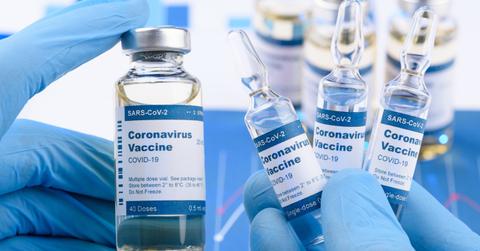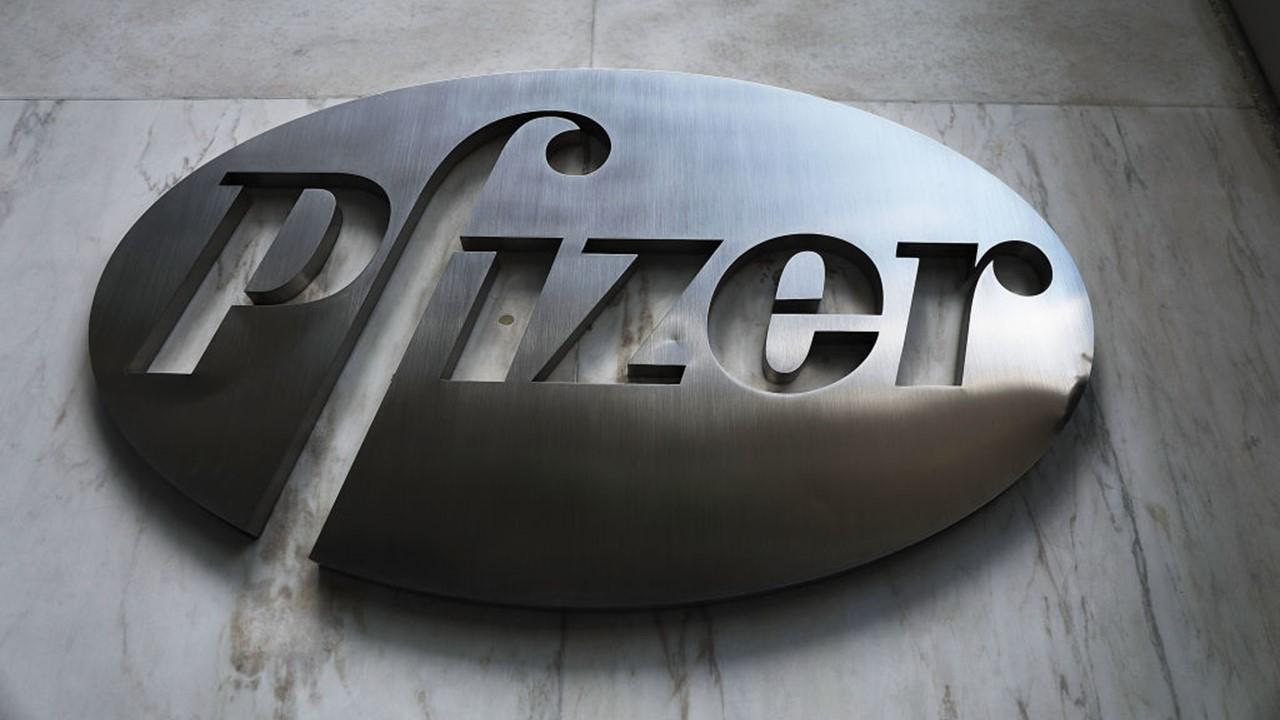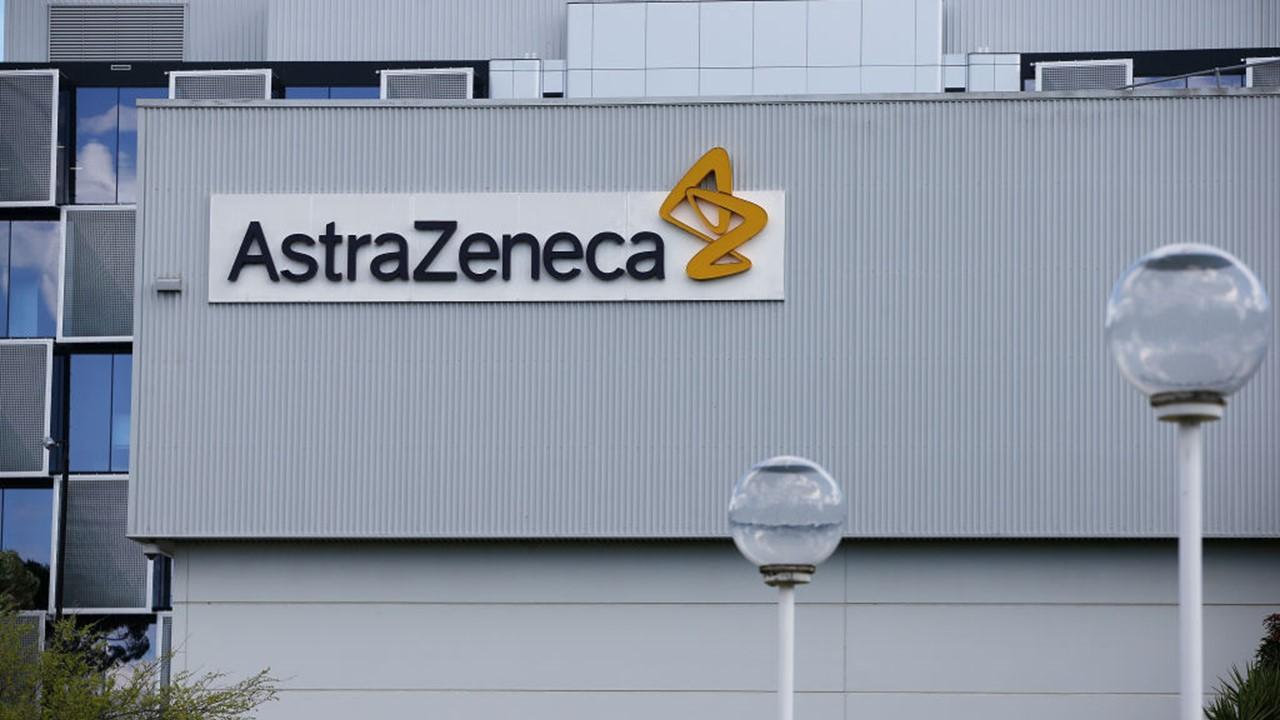Operation Warp Speed Has Invested Billions in Potential COVID-19 Vaccines
The U.S. government’s Operation Warp Speed program has already invested billions in six potential coronavirus vaccine candidates.
Sept. 11 2020, Updated 12:51 p.m. ET

The U.S. government’s Operation Warp Speed program has invested about 10 billion in six potential coronavirus vaccine candidates. The Trump administration has locked in a minimum of 800 million doses as soon as the vaccines are approved. So far, the coronavirus has infected about 6.4 million people in the U.S.
What is Operation Warp Speed?
The Operation Warp Speed (OWS) program was initiated by the Trump administration to accelerate the development, manufacturing, and distribution of the coronavirus vaccines and treatments. The goal of the OWS program is to provide about 300 million doses of a COVID-19 vaccine by January 2021.
Operation Warp Speed funding
Under the OWS program, the U.S. government has invested about $10 billion in six vaccine candidates. The government has paid AstraZeneca, Moderna, Pfizer, and Novavax about $1.2 billion, $1.53 billion, $1.95 billion, and $1.6 billion as part of the OWS program, respectively. Johnson & Johnson, Sanofi, and GlaxoSmithKline have also received funding from the OWS program for their coronavirus vaccines. The drug makers have received funding from the U.S. government to pay for manufacturing or distributing the vaccines or to help support clinical development.

When will a COVID-19 vaccine be available?
The COVID-19 vaccine probably won’t be available before the U.S. presidential election in November. President Donald Trump thinks that a COVID-19 vaccine may become available close to the U.S. election on Nov. 3. In contrast, most industry experts don't think that a vaccine will be available before the end of 2020. Under the best-case scenario, Moderna and Pfizer could report positive results from their human trials in October.
AstraZeneca's COVID-19 vaccine
AstraZeneca is developing its COVID-19 vaccine, AZD1222, in partnership with the University of Oxford. On July 20, the company announced promising results in the early stage human trial. AstraZeneca has already started late-stage human trials in Brazil, South Africa, and the U.K. The Phase 3 trial, which will be held in the U.S., will likely enroll about 30,000 participants. The data will likely be released by the end of 2020. However, AstraZeneca paused its vaccine trial in early September after a volunteer developed a medical complication.

The U.S. Department of Health and Human Services said it would pay AstraZeneca $1.2 billion to produce and deliver 300 million doses of its experimental COVID-19 vaccine.
Moderna's coronavirus vaccine
Moderna’s experimental coronavirus vaccine candidate, mRNA-1273, is in late-stage human trials. Earlier, the company said that it would likely release the results as early as October. The U.S. Department of Health and Human Services said it would pay Moderna $1.53 billion to produce and deliver 100 million doses of mRNA-1273 with the option to buy 400 million additional doses. The U.S. has already invested about $955 million in Moderna’s coronavirus vaccine development, which brings its total investment to $2.48 billion.
Pfizer's COVID-19 vaccine
Pfizer is developing four COVID-19 vaccines in partnership with Germany-based BioNTech. The most advanced vaccine, BNT162b1, is in late-stage human trials. The U.S. Department of Health and Human Services said that it would pay Pfizer and BioNTech about $1.95 billion to produce and deliver 100 million doses of coronavirus vaccine with the option to buy 500 million additional doses. The companies expect to make up to 100 million doses by the end of 2020 and about 1.3 billion doses by the end of 2021.
What is Moderna's stock price today?
At 9:51 a.m. ET today, Moderna stock was up about 2.2 percent at $58.84 with a market capitalization of about $23.2 billion. The stock rose 1.2 percent on Sept. 10 and closed at $57.56. Moderna stock has fallen by 6 percent in the last five days. However, the stock has risen by 252.1 percent in the last year.
What is AstraZeneca's current stock price?
At 9:55 a.m. ET on Sept. 11, AstraZeneca stock was up about 1.8 percent at $54.04 with a market capitalization of about $143.3 billion. The stock fell 1.1 percent on Sept. 10 and closed at $53.07. AstraZeneca stock has risen by 0.9 percent in the last five days. However, the stock has risen by 26.4 percent in the last year.
What is Pfizer's stock price today?
At 10:11 a.m. ET on Sept. 11, Pfizer stock was up about 0.2 percent at $35.71 with a market capitalization of about $202.8 billion. The stock fell 1.5 percent on Sept. 10 and closed at $35.65. Pfizer stock has fallen by 1.8 percent in the last five days and 3.3 percent in the last year.
